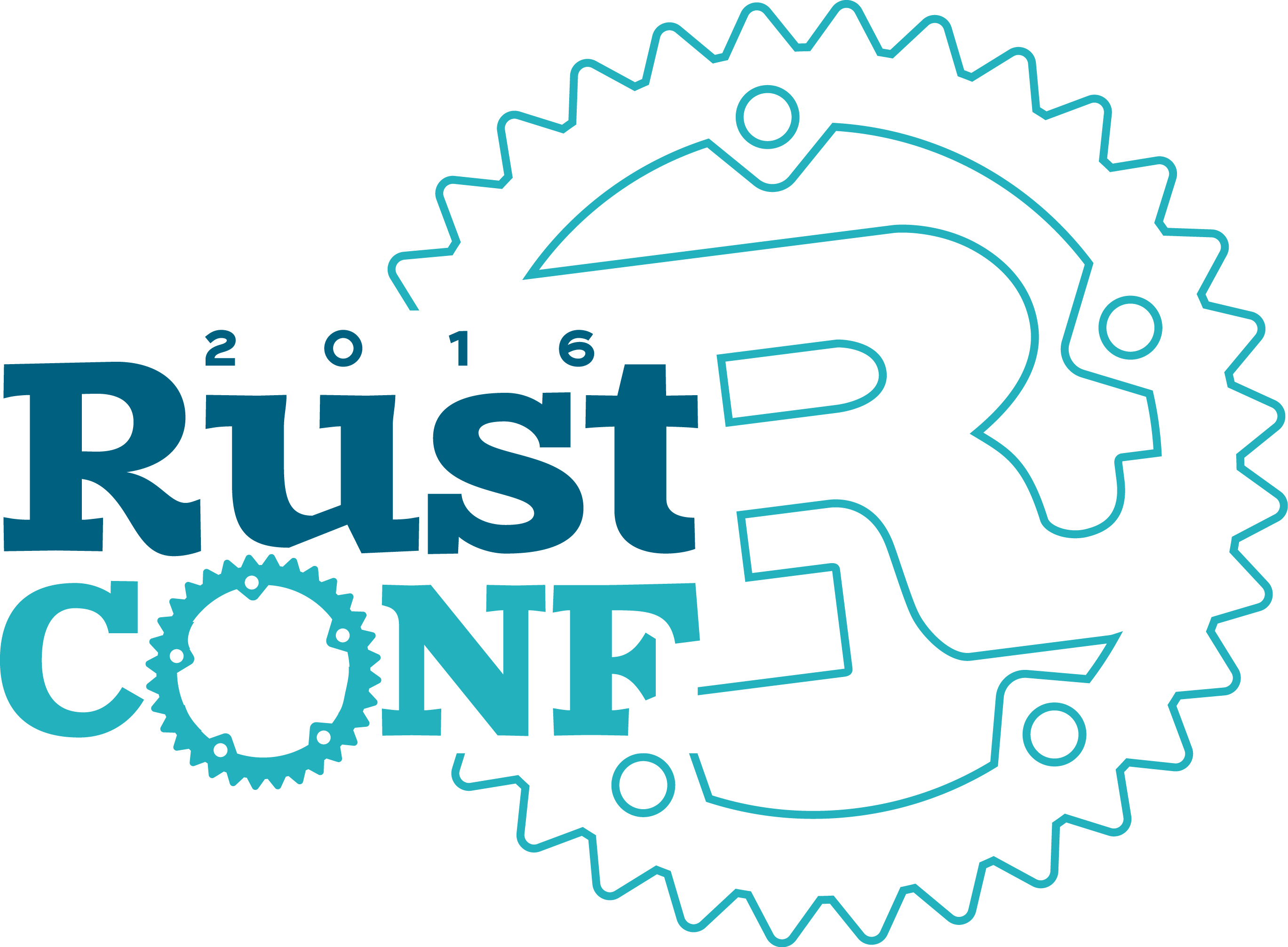Our Trainings
We'll be offering three Rust training sessions, targeting different skill levels: Beginner, Intermediate and Advanced. You may take the morning Beginner session followed by the afternoon Intermediate session, but it is not appropriate to pair the Beginner and Advanced sessions.
Morning (9am-12pm)

|
Training: Rust for BeginnersRust Fundamentals: Ownership and Borrowing, By Steve KlabnikLearn everything you need to get started writing Rust programs. The tutorial puts a focus on Ownership and Borrowing, which are the key techniques that Rust uses to achieve both safety and low-level performance. This class assumes no prior knowledge of Rust, though programming experience in some other language would be helpful. |
|
|
|
Afternoon (1pm-4pm)

|
Training: Intermediate RustTraits and Threads, By Aaron TuronMove up a level in Rust knowledge. This tutorial introduces the second key piece of Rust, its trait system. It shows how the trait system is the foundation for generic programming in Rust, allowing you to write one piece of code that can be reused in many contexts. It also covers how to write threaded programs in Rust, and shows how threaded programming in Rust builds on the trait system to guarantee data-race freedom. This tutorial assumes basic understanding of ownership and borrowing; if you have been writing Rust for a while, or taken the morning tutorial, you should do fine. |
|
|
|

|
Training: Advanced RustAdvanced Ownership and Borrowing, By Niko MatsakisStart taking full advantage of the power of lifetimes. This tutorial will cover named lifetime parameters on functions and structs and show how you can write more advanced patterns of borrowing in Rust. Prior experience with Rust is expected, and this training is not appropriate for pairing with the morning Beginner Rust training. |
|
|
|
